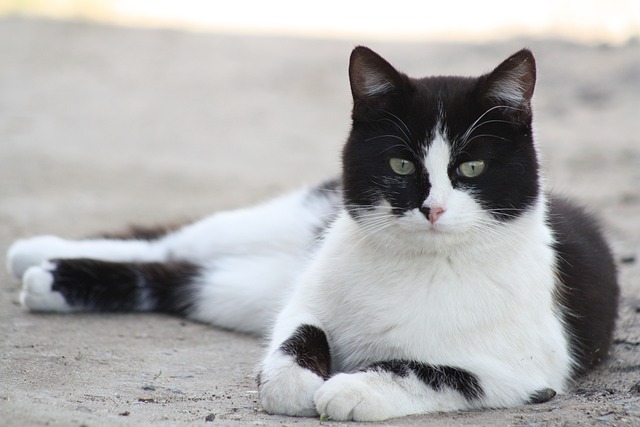Introduction: Black cats, with their sleek fur and mysterious allure, have been shrouded in superstitions and myths throughout history. From their association with witchcraft to notions of bad luck, these felines have unfairly borne the weight of unfounded beliefs. In this article, we aim to dispel some of the most common misconceptions surrounding black cats, shedding light on the truth behind centuries-old superstitions.
History’s Unfortunate Stigma: The fear of black cats dates back to the Medieval period, reaching its zenith during the Salem witch trials in the late 1600s. In these dark times, black cats were unjustly deemed supernatural, believed to be connected to sorcery and even demons. Tragically, this led to the mass capture and killing of black cats, inadvertently contributing to the devastating Black Death, or bubonic plague.
Witches’ Companions and Mass Hysteria: In the 15th century, American settlers carried with them a deep-seated belief in the association between black cats and witches. This unfounded fear culminated in the Salem witch trials, a year-long hysteria that resulted in the hanging of 19 people and the unjust persecution of countless more. Despite historical misconceptions, there is no evidence to substantiate the belief that black cats possess supernatural or sinister powers.
The Notion of Bad Luck: Following their ties to witchcraft, black cats were unfairly labeled as harbingers of misfortune. Superstitions around black cats causing bad luck include scenarios like a cat turning and walking away, crossing paths early in the morning, or encountering one on your property. However, pet owners of black cats can attest to the loving and affectionate nature of their feline companions. It’s worth noting that in various cultures, including Japanese, ancient Egyptian, Scottish, and Northern European, black cats are considered symbols of good luck.
Dispelling Aggression Myths: One of the most damaging misconceptions is the belief that black cats are inherently aggressive. This unfounded notion has led to lower adoption rates for black kittens and cats. This phenomenon, known as “Black Dog Syndrome,” occurs when black pets are passed over in favor of lighter-colored counterparts. Shelters and rescue groups are actively working to combat this bias by employing experienced pet photographers and hosting special adoption events like “Shadow Adoption Day,” where adopting a black cat is encouraged. The truth is, a black cat possesses the same affectionate nature as cats of other colors, and there is no evidence to suggest that they are more prone to aggression.
Conclusion: It’s time to debunk the long-standing myths surrounding black cats. These elegant felines deserve to be celebrated for their loving companionship and unique personalities. Let us appreciate them for the wonderful pets they are, unburdened by baseless superstitions.



